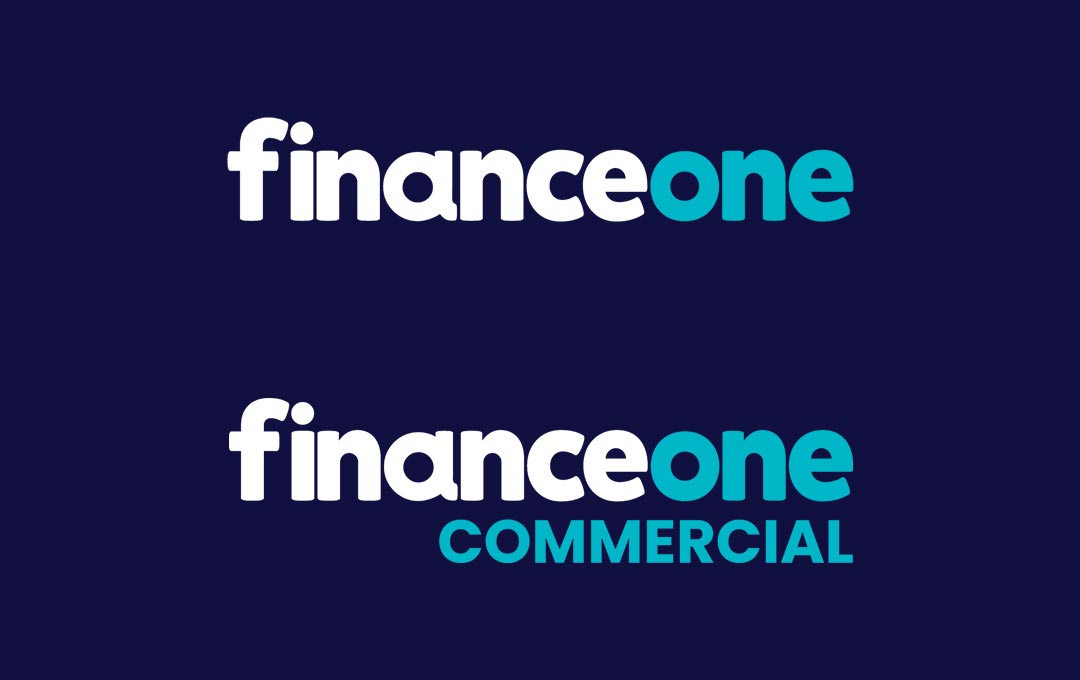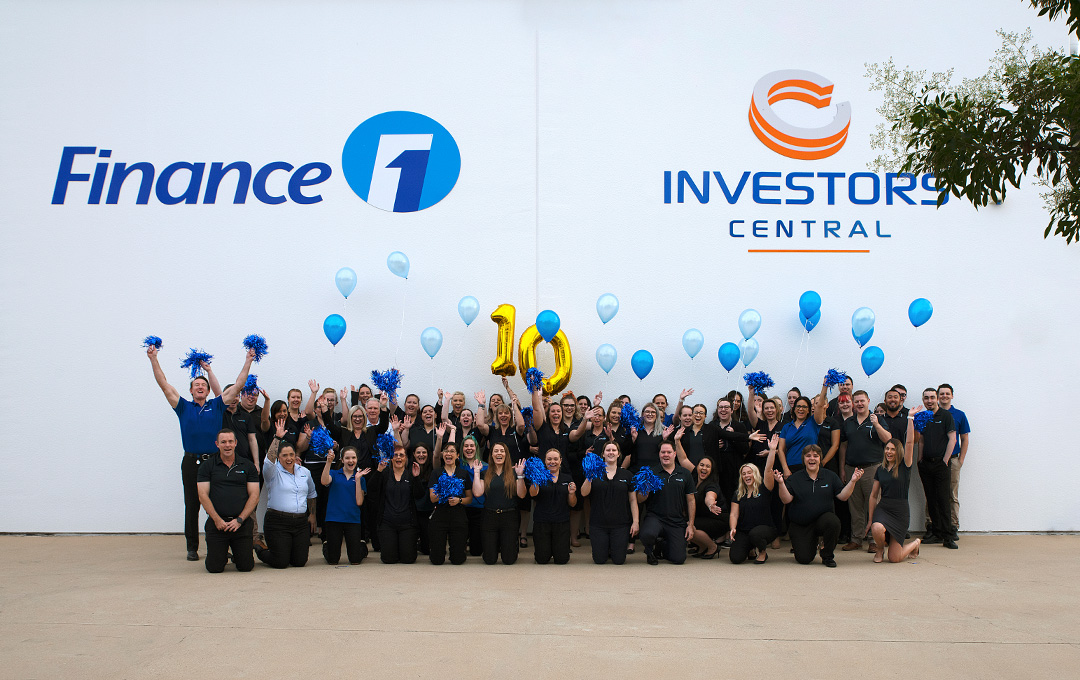However, there are advantages and disadvantages that should be considered for using finance as well as paying for a car upfront. Ultimately, it comes down to what’s best for your own circumstances.
Which option is best for you?
The disadvantages of finance
The advantages of finance
With car finance comes interest costs. The fact that interest payments are required can sometimes turn people away from getting a loan, but they likely haven’t considered all the factors. While it may be cheaper in the long run to buy a car upfront with your own money, there are some significant benefits of opting for car finance. A car loan could help:
Keep your savings in the bank.
Assuming you have the cash, buying a car outright will significantly reduce your money in the bank. Keeping money in the bank is important for risk prevention. If you are hit with any unexpected expenses, you have access to funds to meet these unforeseen obligations. Most car loans are customisable in terms of their repayment frequency and length. Therefore, you may be able to arrange a repayment schedule to work in with your budget and keep your savings aside for a rainy day.
Build a positive credit score
Your credit score is a rating used to determine your credit risk, or how likely you are to repay a loan. Every loan you take out and successfully repay on time goes towards building a stronger credit score. As you establish a positive credit history, you may be able to borrow more money and possibly at better loan rates.
Can you get a flexible car loan if you have bad credit?
We take the time to understand your individual circumstances before recommending a flexible car finance solution to suit your needs. We arrange loans from $5,000 to $75,000** to purchase a new car or used vehicle.
Call us today on 1800 346 663 to find out how we may be able to help you!
Talk to our Team
Get your new car immediately
Without a car loan, you could spend years saving up for a car. Owning a car gives you freedom through transport. Getting to work, taking your kids to sport, picking up groceries can all become easier by owning a car.
At the end of the day...
To discuss your suitability for applying for a car loan, feel free to get in touch with us. We’re more than happy to help. Apply for a Car Loan
Disclaimer: The information above is of a general nature only and does not consider your personal objectives, financial situation or particular needs. You should consider seeking independent advice regarding your legal, financial, taxation or other needs, to check how the information relates to your particular circumstances. We do not accept responsibility for any loss arising from the use of, or reliance on, the information.
All loan applications are subject to normal lending criteria. Fees and charges payable. Terms and conditions apply.




